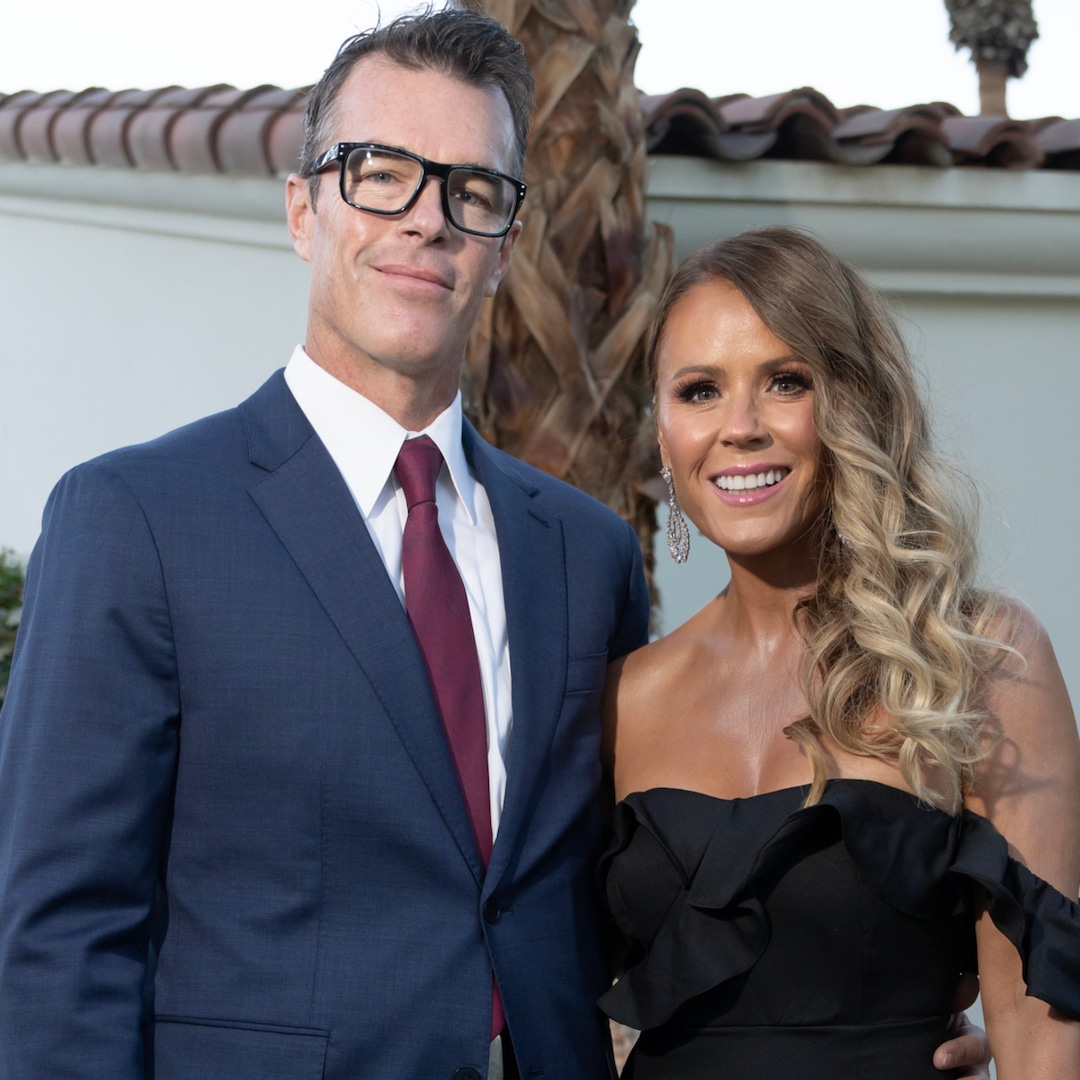Lawyer Nicole Page is a partner at Reavis Page Jump LLP and practices in the areas of entertainment, employment, and intellectual property. Page advises producers of both non-fiction and fiction film, television, digital, and cross-platform productions. Combined with her entertainment practice, her focus in workplace discrimination and sexual harassment brought her to the forefront of the #MeToo movement, representing female complainants in several high-profile cases.
Blake Lively has now filed two Complaints against Wayfarer Studios, Justin Baldoni, Jamey Heath, Melissa Nathan, Jennifer Abel, et al. The first was filed with the California Civil Rights Department, and the second was filed in federal court in the Southern District of New York. The alleged conduct described in both Complaints contains lurid descriptions of the sexual harassment Ms. Lively and other female cast and crew members were allegedly subjected to over many months by Mr. Baldoni and his partner in Wayfarer, Jamey Heath, while working on the film “It Ends with Us.” The Complaints also allege an extensive, coordinated campaign to damage Lively’s reputation and livelihood in retaliation for the complaints she made on behalf of herself, and other women employed on the production.
Lively’s initial Complaint dropped like a stone in water, spawning numerous legal maneuvers by the parties involved. Most notably, a $250 million libel lawsuit Baldoni, Nathan, and Abel filed against the New York Times for publishing an article entitled “We Can Bury Anyone. Inside a Hollywood Smear Machine.” The article includes several text messages obtained by Lively’s team from the cell phone of Jennifer Abel (one of Baldoni’s publicists), which allegedly document the smear strategy, and the vitriol aimed at Lively by Baldoni and his PR team.
I have represented numerous #MeToo victims within the entertainment industry, including the Weinstein whistleblower whose memo was leaked to the Times in 2017, and while Baldoni’s Complaint endeavors to add context around the damning text messages highlighted in the Times article, the allegations and exemplary texts included in Baldoni’s Complaint did not convince me that Baldoni was libeled or that harassment and retaliation did not occur. In fairness to Baldoni, if some of the allegations in his Complaint are true, Lively is no angel. But to falsify sexual harassment claims would make Lively not just a mean girl, but a terrible person. It also seems that because she has now filed a complaint in federal court, she is willing to put her money where her mouth is.
If we accept Lively’s version of the case as true, then the nature of the sexual harassment that occurred and the extremity of the retaliatory response from Baldoni and his gang, are extraordinary.
It is incredibly rare in sexual harassment cases for perpetrators to acknowledge their misconduct and agree to stop the harassment in writing. But in Lively’s case, that’s allegedly what happened. Both of Lively’s Complaints state that because prior sexual harassment complaints made to Wayfarer against Baldoni and Heath were ignored, the parties agreed to an “all hands” meeting on January 4, 2024, to formally address and resolve the complaints so that production could continue following the end of the guild strikes.
According to Lively’s claim, in that meeting, Baldoni and Heath, through Wayfarer’s legal counsel, agreed to a list of “Protections to Return to Production” and promised the harassing and retaliatory conduct would stop. Baldoni’s recent claim denies this assertion.
The list of conduct that Lively’s suit alleges Baldoni and Heath acknowledged and agreed to stop is well worth a read. Some of the highlights include:
- showing nude videos/images of women
- speaking about their “pornography addictions”
- describing their genitalia
- physically touching and making sexual comments to Lively, her employees, and other female cast and crew
- filming Ms. Lively in the nude without her consent
- improvising kissing scenes with Ms. Lively
- walking in on Ms. Lively in her trailer when she is undressed
- adding sex scenes for Ms. Lively to perform that are not in the script
- continuing to subject Ms. Lively to abusive or retaliatory behavior in response to her complaints about the behavior
The conduct described in the “Protections to Return to Production” had allegedly been going on for many months prior to the January 4, 2024 meeting.
Baldoni and Wayfarer apparently got spooked that their behavior would come back to bite them. To discredit Lively before any of their alleged misconduct could surface, Baldoni and Wayfarer allegedly launched a carefully crafted smear campaign intended to “destroy” and “bury” Lively along with her reputation and career.
According to claims in Lively’s Complaints, Wayfarer’s co-owner and co-chairman Steve Sarfowitz was willing to spend up to $100 million [that is not a typo] to ensure Lively was taken down. Why? So that if and when their repugnant behavior was leaked, Lively’s reputation would be in the toilet, and she would not be believed.
The depressing part is that the smear campaign worked. Lively’s interview performance and her “tone-deafness” became the story, while Baldoni very intentionally veered from the Sony marketing campaign messaging and presented himself as a champion of domestic violence survivors. The Complaints explain that Lively was following the Sony marketing script instructing her to appear positive and upbeat in promoting the film, instead of focusing on the tragedy of domestic violence, but that of course was not publicly known.
 ‘It Ends with Us‘©Sony Pictures/Courtesy Everett Collection
‘It Ends with Us‘©Sony Pictures/Courtesy Everett CollectionAs detailed in Lively’s Complaints, one goal of the alleged smear campaign was to present Baldoni as sympathetic and heroic in comparison to Lively, who in stories allegedly planted by Baldoni’s hired guns, was lambasted for being the opposite. In text messages included in the original Complaint, Wayfarer’s publicist Melissa Nathan and Baldoni’s PR crisis consultant Jennifer Abel, were gloating and gleeful over the success of their campaign to destroy Lively’s career. In response, Baldoni’s counsel has alleged that the text messages illustrative of the smear campaign in the Times article were cherry-picked and taken out of context.
In a world of snap judgments based on algorithmic social media feeds, retaliating against famous women by making them appear unlikable is pernicious, especially when so often their careers wholly depend on being perceived as likable. Only three years ago did we see this scenario play out in the attempted “take-down” of Amber Heard, who now publicly supports Lively. In her statement to NBC, she recounts, “Social media is the absolute personification of the classic saying ‘A lie travels halfway around the world before truth can get its boots on.’ I saw this firsthand and up close. It’s as horrifying as it is destructive.”
As an attorney who works on numerous sexual harassment cases both within and outside the entertainment industry, I can tell you that the alleged behavior of Baldoni and Wayfarer comes straight out of the “Sexual Harassers Guide for Dummies” playbook: if you sexually harass a woman and the woman complains, a) deny, deny, deny; b) try to silence her through payoff or intimidation; and c) if the above doesn’t work, discredit her and conduct character assassination.
This strategy is used by defendants in varying degrees in almost every sexual harassment case, but what’s different here, if true, is the Weinstein-esque lengths Baldoni and Wayfarer went to employ them. Paired with Baldoni’s hypocritical efforts to paint himself as an advocate for women, the extent and severity of the retaliatory campaign against Lively is particularly remarkable. Even assuming her own behavior in promoting the film did not help Lively’s image, it is distressing that in their own words, Baldoni’s team discussed “burying” her in the context of their PR campaign.
Also unique is that Lively can publicly air the treatment she endured, alongside documentary evidence (i.e., the text messages) which demonstrably support her claims. Women typically elect to stay silent, fearing the backlash of going public, and may not have this kind of documentation to support their allegations. Unless you are independently wealthy or Blake Lively, most women cannot afford to take the risk of never working again. Perhaps Lively’s public filings are her own version of a PR campaign and, if so, I hope it works as this case has a lot to teach us.
Every so often, we seem to need a reminder that sexual harassment is alive and well and that our default setting should be to believe women who come forward. Women who are brave enough to speak up are taking an enormous risk, yet the “she had it coming” backlash is quick and relentless. No matter how often we are reminded that with social media, manipulation is the feature not the bug, we fall for stereotypical tropes about women again and again.
WME and many others are vaulting off the Baldoni train as quickly as their legs can carry them and the laser is now focused on him. But that doesn’t mean Lively hasn’t suffered substantial financial and emotional damages from the harassment and damage to her reputation. As these multiple lawsuits are fast-moving and seem to multiply every day, we don’t yet know the truth and maybe never will. But it’s worth noting how quick society is to joyfully call for cancellation of women who disappoint them. The next time a famous woman, or any woman, is getting publicly trashed, check whether your automatic instinct is to disbelieve her. Let’s all try not to get fooled again.
Lawyer Nicole Page is a partner at Reavis Page Jump LLP and practices in the areas of entertainment, employment, and intellectual property. Page advises producers of both non-fiction and fiction film, television, digital, and cross-platform productions. Combined with her entertainment practice, her focus in workplace discrimination and sexual harassment brought her to the forefront of the #MeToo movement, representing female complainants in several high-profile cases.

 1 week ago
14
1 week ago
14










 English (US) ·
English (US) ·